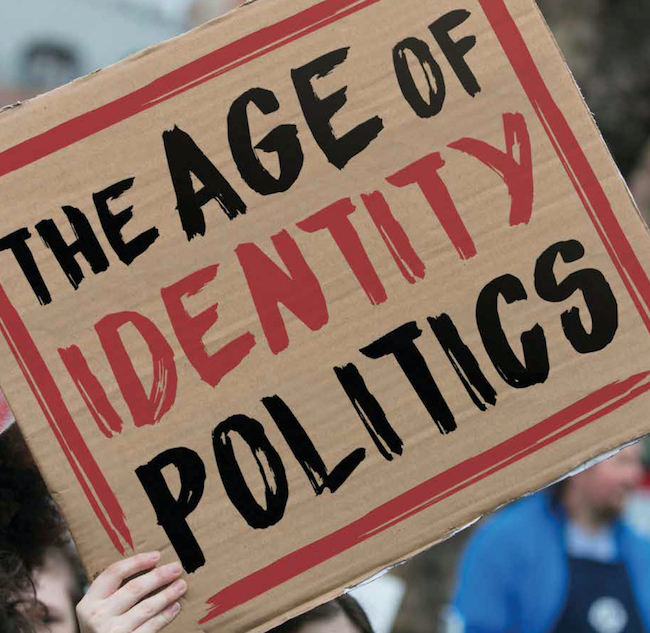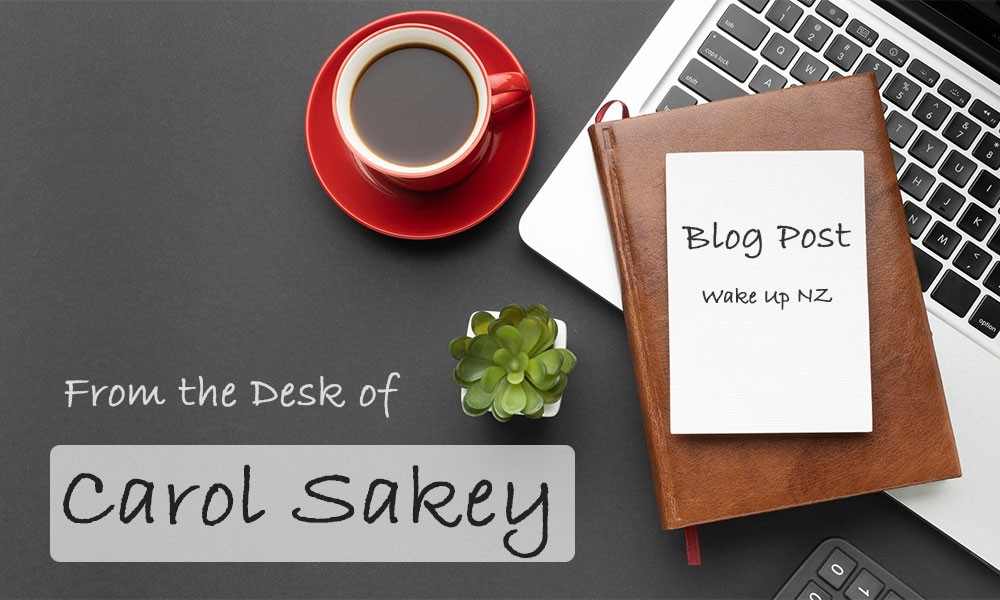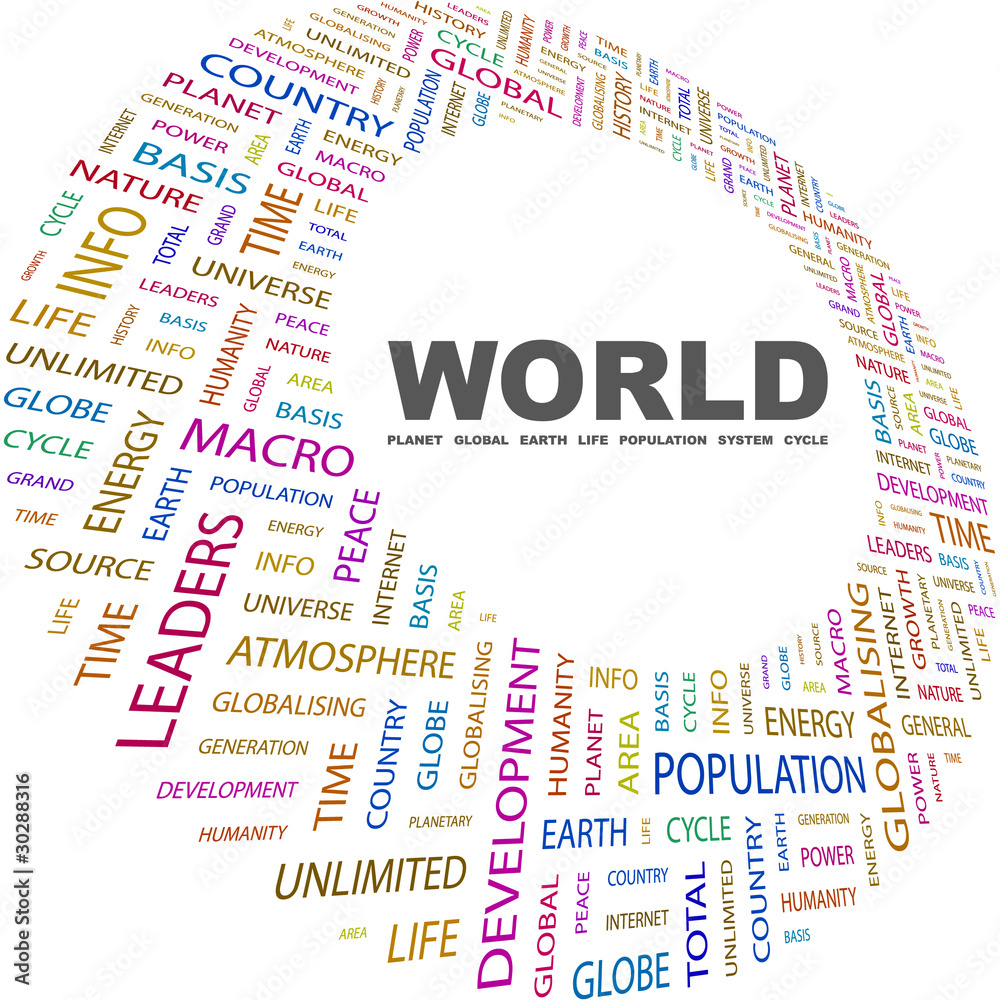The Three Party Coalition made a pledge not to advance policies that seek, ascribe to different rights, responsibilities on the base of Race. (Race Based Politics) That ‘Principles’ will be removed from legislations . After all the Treaty did not create Principles, neither did it create Partnerships. They pledged that all NZrs are equal before the law. (However the University Law Schools are introducing Te Kanga Maori in January 2025 that will be embedded in all aspects of the laws of NZ). And only Iwi can decide how that plays out in the Courts.
The Three Party Coalition Fast Track Bill, a faster pathway through consent processes for major infrastructure projects and to reinstate Local Boby Petition Rights. Now at Select Committee. Includes recommendations to Local Govt as to those that sit on panels, whether this should proceed or not. Section 3. Schedule 3 of the Fast Track Bill stipulates that up to 4 people can be appointed to the local body panel, specifying that 2 of these position include one being appointed by Local Govt and the other nominated by Iwi Authorities.
Hence the Three Party Coalition already breaking the pledge, commitment the Three Party Coalition made to the NZ People. Additionally Section 7 (1) outlines the skills needed for panel members, with © specifying ‘An understanding of the Treaty Of Waitangi and its ‘Principles’. (The originality of the Treaty did not create Principles) and (d) An understanding of Tikanga Maori and Matauranga Maori. (Again Race Based Ideology- Fascism)
The Local Govt NZ Website still states “Indicating future partners with Iwi. Building the Principles of Te Tiriti O Waitangi, committing to robust partnerships as grounded in direct collaboration with Iwi. A shared vision for the future where Iwi/Maori, Tikanga, values, perspectives are integral to decision making at all local levels. (Captured by the Iwi Elite). Mana Whenua interests represented by 18 Iwi Tribal Authorities. Auckland Council engaging with Mana Whenua Iwi Tribal affiliations. Voice your point of view, and cancel culture will be sure to be afoot. Being called Racist, the blame & shame game often causes self censorship.
Obviously the Three Party Coalition did not consider Cancel Culture, Censorship which should have been debated at length, instead they are all captured by Woke Leftist DEI. Diversity Equity & Inclusion. Not included will be excluded. (Cancelled out) Those that oppose Iwi/Maori wards are called Racist, it works most times, and many times individuals, groups will self censor and will continue to allow a privileged Iwi Elite to do whatever they like, when they like and as often as they like.
Lets look at the so called ‘ Social Justice System’ those that are protected under the NZ Human Rights Umbrella- a minority revolutionary movements, individuals, groups who are determined that their rights are more justified than the majority of New Zealanders rights. Where does this fit in with the ‘All One People Equal Rights under the Laws of NZ? This can only be described as a tyranny of Human Rights which is a dam right travesty of the Treaty Of Waitangi. The fascist economy of the Iwi Elite. The University Law schools in NZ January 2025 introduce Tikanga Maori, embedding it in every category of the law. Iwi have stated they are the only ones that can advise the Judicial on cases involving Tikanga Maori in the courts of Law.
Parliament makes the laws. One Law for All People why is it that the Three Party Coalition has not stopped this? (Race based judicial system. Identity Politics). Tikanga Maori will be a compulsory subject in the University of Law, Gary Judd Kings Council fronted the Select Committee opposing this compulsory Tikanga (Law/New October 16th 2024 (https://lawnews.nz/treaty-maori/gary-judd-kc-fronts-up-to-select-committee-to-oppose-compulsory-tikanga/) He referred to this as Judicial Activism. Advancing the Iwi Political agenda for Law Students. Overstepping constitutional boundaries, saying that Tikanga Maori is the first law of NZ and this has been regarded as such
Gary Judd Kings Council (5th August 2023 NZ CPR https://www.nzcpr.com/tikanga-is-not-law/) Explains why Tikanga cannot be the first law of New Zealand – Because “It is not a law” at all. Judges ought to apply the law as the term used in the judicial oath “to well and truly serve His Majesty… according to law…; and I will do right to all manner of people after the laws and usages of New Zealand, without fear or favour, affection or ill will….” Beliefs and principles of a spiritual nature and a way of life of some people of our nation are not law. The way of life for some is not part of the law of the land”
Just because the authors of Tikanga Maori says its law, does not mean its law. Calling tikanga something which patently it is not, not only offends reason but undermines the value of what it actually is. Making a falsehood a fundamental part of the description of its nature is not a good way to ensure its survival. I suspect this will become apparent in the fullness of time. Race Based Politics are alive and well. Parliament make laws not judges. Therefore the Three Party Coalition have not even discussed this important concern publicly.
The referencing of ‘Treaty Principles’ given that the Coalition pledged to their voters that they would remove them from legislations. Public trust sure goes flying out the window when you see that the Coalition does not intend to remove racial privilege. Section 3 of Schedule 3 of the Bill, and Section 7, part (1) (c) and (d), and part (2) – must be removed from this Bill during the Select Committee process, to ensure the Coalition’s commitment to equal rights for all New Zealanders prevails.
And still LGNZ (Local Government NZ) stance is that Iwi should be key players in Maori Ward decisions. Councils saying they make these decisions based on feedback from their community and Iwi Representatives. Auckland Council has 19 Tribal Iwi Representatives. The Council happily accept rate payers money and Central Govt Funding but who actually calls the shots. (Iwi Decision Making under Government Governance or should I say Corporate Governance) The LGNZ Website “We see ourselves as partners with Iwi. Building on the Principles of Te Tiriti o Waitangi, committing to established robust partnerships between local government and Iwi/Maori. To ensure these partnerships are grounded in genuine understanding, respect, collaboration by working closely with Iwi/Hapu/Maori Mana Whenua as we foster a shared vision for a future where Maori Tikanga, values, believes, perspectives are integral to decision making at the local level
What changes? Local Government NZ continue to be captured by the Iwi Elite. LGNZ boast “We have the highest representation of Iwi/Maori elected members in local government ever” . LGNZ Website 4th April 2023 Complete Overreach by Govt on Maori Wards as the Coalition Govt is removing decision making from councils mandating polls be run on Maori Wards and constituencies alone. Is it time for a One Vote a One People instead of a Maori and Non Maori Electoral Roll, surely that’s racist in itself.
Back to the power of Cancel Culture ‘Censorship’ And this time ‘Opposition to ‘Maori Wards’ referencing RNZ Report dated 8th August 2023 ‘Iwi spokes-person questions if councilors ute was shot at over Maori Wards (https://www.rnz.co.nz/news/national/524490/iwi-spokesperson-questions-if-councillor-s-ute-was-shot-at-over-maori-wards) New Plymouth councilor Murray Chong said a gun was fired at his ute, indicating it was due to his opposition to Māori wards. He abstained as the council voted to retain its Te Purutanga Mauri Pūmanawa Māori Ward. Said he would not be fronting any resistance to a Maori Ward next year because he feared for his safety
Chong said he could not be 100 percent sure the slug-gun attack on his car was related to the Māori ward issue, but threats to himself, his dog and family members he outlined in council on Tuesday coincided with the earlier debate on Māori Wards. “This is essentially as [current] mayor Neil Holdom acknowledged will become a race debate and it won’t be about who are the best elected members to sit at our council it will get dragged back into this Māori versus the wider community sort of debate which is just unfair.” Student Haka’s for pro Maori Wards. The politicizing of children and young people through the Education System
This is a prime example of Cancel Culture, who gets to say what, and who does not, whom gets cancelled out. Or out of fear cancel themselves out, self censorship. This is the modern day political agenda of leftist wokist aggressive oppressive cancelling people out, destroying another persons freedom to express their opinion. “Just call them Racist”. Shaming and blaming identity politics, cultural Marxism. Critical Race Theory. Subset of Critical Race theory ‘Just Critical Theory’. Its time for the people of NZ to take the freedom of choose out of the hands of Race Based Politics. Stop the political targeting of Councilors, let the people of New Zealand decide. A One Vote for a One Nation of People. Stop the Cancel Culture Now. Stop the Race based Politics. Stop the Iwi Elite. Stop the money being robbed from Taxpayers, ratepayers pockets that pays for this insane shite that causes division, where democracy no longer exists.
NZ Identity politics causes deep divide in our society in New Zealand. There is this re-tribalism, re-story telling, a reimagining of the historical past that is oppressive, and this is about a self obsessed successive government that have allowed this to happen. Prof., Elizabeth Rata has documented how changes have happened, backed by small political and academic elite that were extremely subversive, threatening democracy, they destroy the system within. She referenced those early days when Maori Sovereignty activists heavily influenced by resistance movement from around the world, where revolutionary strategies were adopted in New Zealand. Their ‘Goal’ being “To Take Back New Zealand” this was outlined in a series of inflammatory articles published in the Feminist Magazine ‘Broadsheet’ in 1982
In those early days, radical Maori Sovereignty activists, heavily influenced by resistance movements from around the world, adopted revolutionary strategies for New Zealand. Their goal, ‘to take back the country’, was outlined in a series of inflammatory articles published in the feminist magazine “Broadsheet” in 1982: The aim of Māori sovereignty is… to redesign this country’s institutions from a Māori point of view… This country belongs to Māori. At this stage there is a clear distinction of whom namely Iwi/Maori whom have their figures in the pie. O’Regan alleges justice, ownership, descent count regardless of race and ethnicity then why are some tribes more relevant than Maori Identity? Why chuck it into a tribal pot if a smaller pot can be found? In any case the number of pots seems to expand as time goes on and Sir Tipene may be hoisted on his own petard as new tribes hive off from his own. More and more, though, tribes have been discovering that there is money to be made from resource-rich tribal lands. Clearly, though, some tribes benefit more than others from Tribunal decisions, To involve all those people with Maori ancestry would also result in ‘tribal jockeying for the slice of the pie’. (https://www.postcolonialweb.org/nz/maorijlg10.html)
NO Not ALL People With Maori Ancestry Stir The Same Pot. There are many people whim identify with their Maori and Non Maori ancestry and others that ignore their Non-Maori Ancestry. Their clothing was basic in the extreme and they lived harsh, crude, brutish and mostly brief lives. Maori Tribal warfare was brutal, slavery existed yet so many of these academics, politicians, activists choose not to acknowledge the benefits that the Europeans brought to these shores. Do not acknowledge those advances, Christianity, Education, Infrastructure, Laws to stop Tribal Warfare.
This is crazy. I immigrated to NZ in early 1960. My father was offered employment in NZ by way of already working for the same company in England. He was Irish my Mother English. Me- half English, half Irish. My affiliation with Ireland (Dublin) and with England runs through my bloodline. However historically the Irish Women, Girls were taken as slaves by the English and shipped off to the America’s. Where they were sold on the Slave Market. The Black Afro American Slave was of more value that the Irish white slaves. In fact the Black Afro American Slaves were the master of the white Irish slaves. Children born out of the Black American African Slaves and Irish women, girl slaves were worth much more money than both the other prior slaves.
I mention this because I do not pursue revenge, or have any animosity towards my English bloodlines because of what they did to my ancestors in England. After all I have English and Irish blood, I cannot imagine going to war with myself, one part of my bloodline fighting the other part of my bloodline. That’s insane, self destructive. Yet this is happening in New Zealand with certain Iwi/Maori radicals. This really is insanity.
WakeUpNZ
Researcher: Cassie
...





